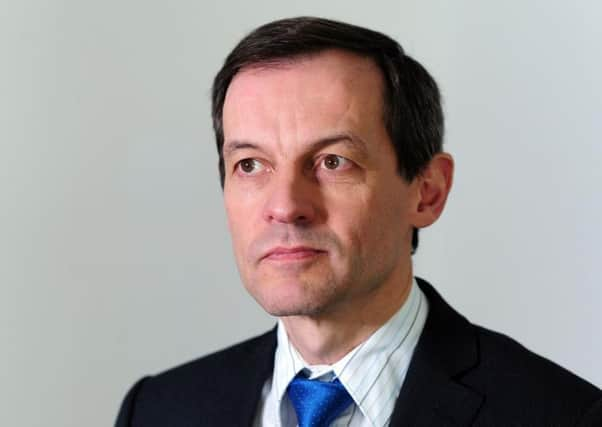Leading doctor warns over long waits for mental health therapy in Leeds


The warning over waiting times has been made by Dr Richard Vautrey, a leading member of the British Medical Association (BMA) and a family doctor in Leeds.
In a letter to council health chiefs Dr Vautrey said there was an urgent need to address problems in the city’s Improving Access to Psychological Treatment (IAPT) service.
Advertisement
Hide AdAdvertisement
Hide AdDr Vautrey, who is Assistant Secretary of the Leeds Local Medical Committee (LMC), said the system did not have enough resources to meet rising demand.
He said: “The Leeds LMC committee continues to receive reports of dissatisfaction from GPs that the IAPT service is not sufficiently responsive and leaves practices trying to manage patients as effectively as they are able.
“They also appear to exclude a range of patients, including those with anger management issues, personality problems or those who have associated drug or alcohol use.” A lack of resources for mental health services was leading to greater strain on busy GPs, Dr Vautrey said. He added: “Long waiting times are having a huge impact on already distressed patients who are often having to wait months to attend talking therapy sessions.”
A consultation is being carried out on the future of mental health services following the merger of the city’s three NHS Clinical Commissioning Groups (CCGs).
Advertisement
Hide AdAdvertisement
Hide AdDr Gwyn Elias, Clinical Lead for Mental Health Commissioning at Leeds CCG said: “NHS Leeds CCG acknowledge the concerns raised by the LMC regarding IAPT and we hope our review will give us the chance to look at how we can address the issues raised.
“We want to ensure that healthcare professionals are able to help us develop IAPT services that are more responsive to local needs. In addition, to develop truly people-centred services, we are also keen to ensure we listen to the views of existing service users and the wider public, as well as those who currently provide IAPT services.”